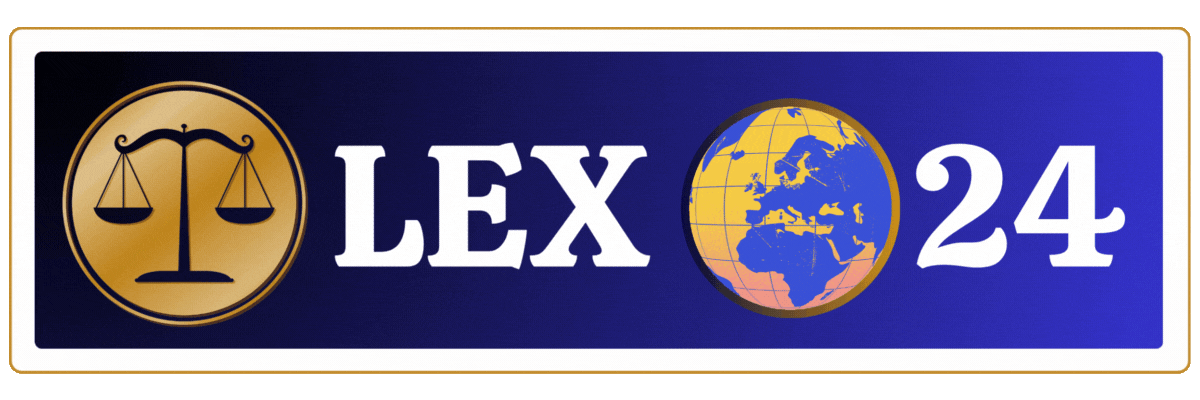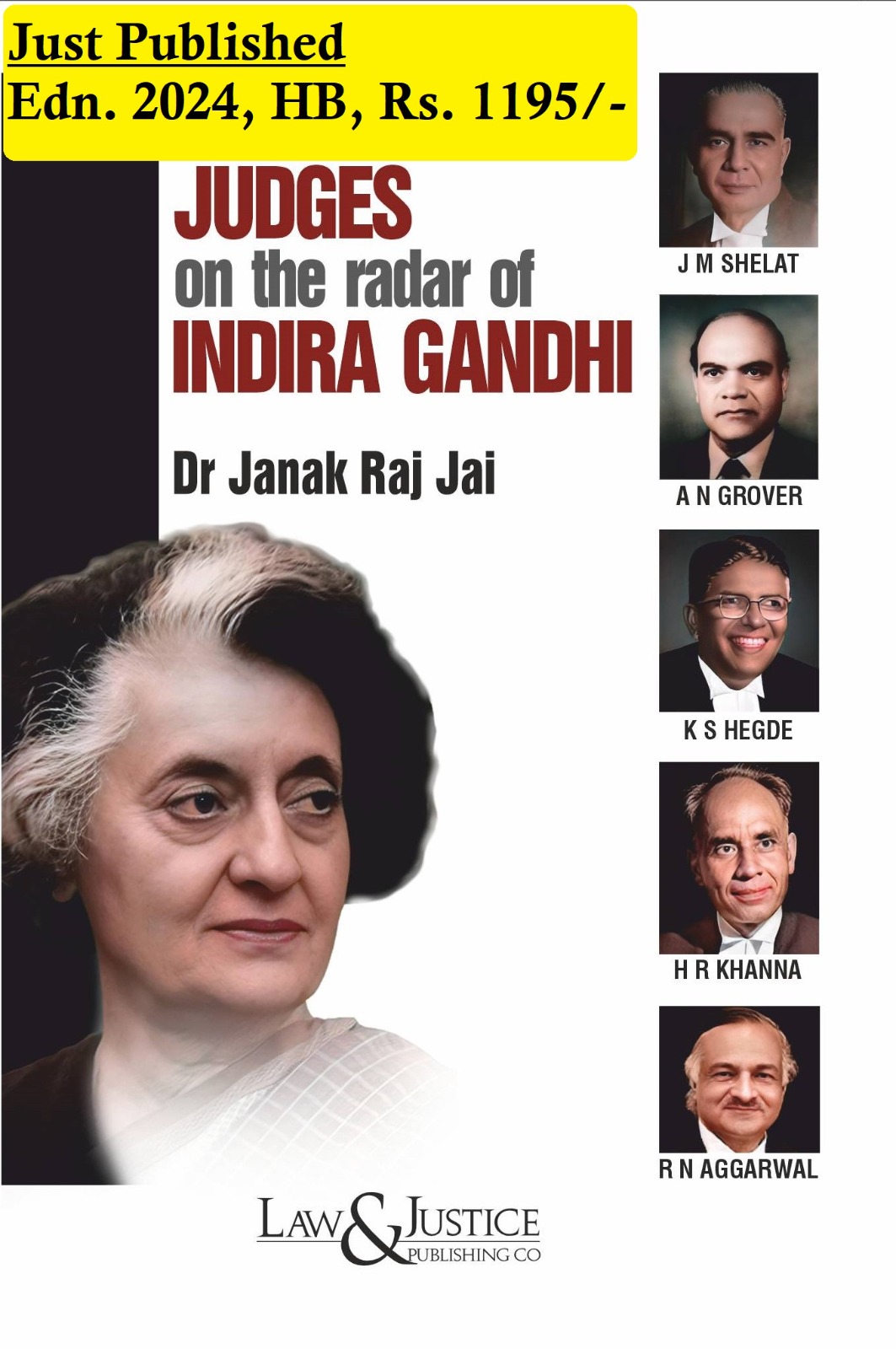Report on Education Jihad
Introduction
Education Jihad is a term that has emerged in socio-political discourse to describe the alleged infiltration and influence of a particular religious ideology within educational institutions. This term is highly controversial and often used in a political context to suggest that a particular community is using education as a means to further its religious and ideological agenda. The concept is debated and often lacks empirical evidence, making it a contentious topic.
Legal Framework and Constitutional Provisions
- Right to Education: Article 21A of the Indian Constitution mandates free and compulsory education for all children aged 6 to 14 years. This right is fundamental and ensures that every child has access to education without discrimination.
- Secularism: The Preamble of the Indian Constitution declares India to be a secular state. Article 28 prohibits religious instruction in educational institutions wholly maintained out of state funds, ensuring that education remains secular.
- Freedom of Religion: Article 25 guarantees freedom of conscience and the right to freely profess, practice, and propagate religion. However, this freedom does not extend to imposing religious beliefs on others, especially in educational settings.
- Equality Before Law: Article 14 guarantees equality before the law and equal protection of the laws. Any form of discrimination, including in educational institutions, is a violation of this principle.
Legislative Framework
- The Right of Children to Free and Compulsory Education Act, 2009: This act ensures the provision of free and compulsory education to children and mandates the norms and standards for schools.
- The National Education Policy, 2020: This policy aims to transform the educational landscape of India by promoting equitable and inclusive education. It emphasizes the importance of a broad-based education that promotes critical thinking and creativity.
- The Religious Institutions (Prevention of Misuse) Act, 1988: This act aims to prevent the misuse of religious institutions for political purposes. Although not directly related to education, it highlights the separation of religious influence from state affairs.
Judicial Interpretation
The Indian judiciary has dealt with various cases related to religious influence in educational institutions. Courts have consistently upheld the secular nature of education and have struck down practices that promote a particular religion in state-funded institutions.
Social and Political Implications
The term “Education Jihad” is often used in a politically charged manner, leading to communal tensions. It is crucial to approach such allegations with caution and ensure that any legal action is based on concrete evidence rather than rhetoric.
Case Studies
To understand the implications of “Education Jihad,” it is essential to look at specific case studies where the term has been used. These case studies highlight the complexities and the need for a nuanced approach to address the issue.
Conclusion
The concept of “Education Jihad” requires a balanced understanding of constitutional rights, legal provisions, and social dynamics. It is essential to address issues within the legal framework and ensure that all actions uphold the principles of justice, equality, and secularism.
References:
https://www.britannica.com/biography/Usman-dan-Fodio
https://www.opindia.com/2024/02/new-york-city-department-of-education-jihad/
परिचय
शिक्षा जिहाद एक विवादास्पद शब्द है जो शैक्षणिक संस्थानों में एक विशेष धार्मिक विचारधारा की कथित घुसपैठ और प्रभाव का वर्णन करता है। यह शब्द अत्यधिक विवादास्पद है और अक्सर राजनीतिक संदर्भ में उपयोग किया जाता है ताकि यह सुझाव दिया जा सके कि एक विशेष समुदाय शिक्षा का उपयोग अपने धार्मिक और वैचारिक एजेंडा को आगे बढ़ाने के लिए कर रहा है। यह अवधारणा विवादास्पद है और अक्सर ठोस सबूतों की कमी होती है, जिससे यह एक विवादास्पद विषय बन जाता है।
कानूनी ढांचा और संवैधानिक प्रावधान
- शिक्षा का अधिकार: भारतीय संविधान के अनुच्छेद 21A के तहत 6 से 14 वर्ष की आयु के सभी बच्चों के लिए मुफ्त और अनिवार्य शिक्षा का प्रावधान है। यह अधिकार मौलिक है और यह सुनिश्चित करता है कि हर बच्चे को बिना भेदभाव के शिक्षा प्राप्त हो।
- धर्मनिरपेक्षता: भारतीय संविधान की प्रस्तावना भारत को एक धर्मनिरपेक्ष राज्य घोषित करती है। अनुच्छेद 28 राज्य के धन से पूरी तरह से बनाए गए शैक्षणिक संस्थानों में धार्मिक शिक्षा पर रोक लगाता है, जिससे यह सुनिश्चित होता है कि शिक्षा धर्मनिरपेक्ष बनी रहे।
- धर्म की स्वतंत्रता: अनुच्छेद 25 विवेक की स्वतंत्रता और धर्म को स्वतंत्र रूप से मानने, अभ्यास करने और प्रचार करने के अधिकार की गारंटी देता है। हालाँकि, यह स्वतंत्रता दूसरों पर धार्मिक विश्वास थोपने तक विस्तारित नहीं होती है, विशेष रूप से शैक्षणिक सेटिंग्स में।
- कानून के समक्ष समानता: अनुच्छेद 14 कानून के समक्ष समानता और कानूनों के समान संरक्षण की गारंटी देता है। शैक्षणिक संस्थानों सहित किसी भी प्रकार का भेदभाव इस सिद्धांत का उल्लंघन है।
विधायी ढांचा
- बच्चों का मुफ्त और अनिवार्य शिक्षा अधिकार अधिनियम, 2009: यह अधिनियम बच्चों को मुफ्त और अनिवार्य शिक्षा प्रदान करने और स्कूलों के मानदंडों और मानकों को अनिवार्य बनाने को सुनिश्चित करता है।
- राष्ट्रीय शिक्षा नीति, 2020: यह नीति भारत के शैक्षिक परिदृश्य को बदलने का लक्ष्य रखती है। यह समतामूलक और समावेशी शिक्षा को बढ़ावा देने के महत्व पर बल देती है। इसमें व्यापक शिक्षा, जो आलोचनात्मक सोच और सृजनात्मकता को बढ़ावा देती है, पर जोर दिया गया है।
- धार्मिक संस्थान (दुरुपयोग की रोकथाम) अधिनियम, 1988: यह अधिनियम धार्मिक संस्थानों के राजनीतिक उद्देश्यों के लिए दुरुपयोग को रोकने का प्रयास करता है। हालांकि यह सीधे शिक्षा से संबंधित नहीं है, लेकिन यह राज्य के मामलों से धार्मिक प्रभाव को अलग करने को रेखांकित करता है।
न्यायिक व्याख्या
भारतीय न्यायपालिका ने शैक्षणिक संस्थानों में धार्मिक प्रभाव से संबंधित विभिन्न मामलों से निपटा है। न्यायालयों ने शिक्षा के धर्मनिरपेक्ष स्वभाव को लगातार बनाए रखा है और राज्य के धन से चलने वाले संस्थानों में एक विशेष धर्म को बढ़ावा देने वाली प्रथाओं को खारिज कर दिया है।
सामाजिक और राजनीतिक प्रभाव
“शिक्षा जिहाद” शब्द का अक्सर राजनीतिक रूप से आरोपित तरीके से उपयोग किया जाता है, जिससे सामुदायिक तनाव उत्पन्न होता है। ऐसे आरोपों को सावधानी से देखने और किसी भी कानूनी कार्रवाई को बयानबाजी के बजाय ठोस सबूतों पर आधारित करने की आवश्यकता है।
मामले का अध्ययन
“शिक्षा जिहाद” के प्रभावों को समझने के लिए, यह आवश्यक है कि उन विशिष्ट मामलों का अध्ययन किया जाए जहाँ इस शब्द का उपयोग किया गया है। ये मामले इस मुद्दे को हल करने के लिए जटिलताओं और संतुलित दृष्टिकोण की आवश्यकता को उजागर करते हैं।
निष्कर्ष
“शिक्षा जिहाद” की अवधारणा को संवैधानिक अधिकारों, कानूनी प्रावधानों और सामाजिक गतिशीलता की संतुलित समझ की आवश्यकता है। मुद्दों को कानूनी ढांचे के भीतर संबोधित करना और यह सुनिश्चित करना आवश्यक है कि सभी कार्य न्याय, समानता और धर्मनिरपेक्षता के सिद्धांतों का पालन करें।
Author: lex 24
Mr. Shiva Kant Vats, Advocate A distinguished advocate practicing at the Supreme Court of India and a business consultant. He provides expert guidance to a wide range of clients. Deeply interested in India's history and cultural heritage, he is dedicated to exploring and reviving the ancient wisdom of the Vedic Rishi tradition. We frequently invokes the timeless Vedic prayers: "असतो मा सद्गमय" (Lead me from untruth to truth) "तमसो मा ज्योतिर्गमय" (Lead me from darkness to light) "मृत्यो मा अमृतंर्गमय" (Lead me from death to immortality) We emphasizes continued relevance in today's world. The envisions reviving and upholding the glorious traditions of the Vedic Rishi culture, asserting that each individual can contribute to global welfare through relentless effort. We passionately believes that rekindling this ancient tradition is possible in modern times and foresees a revolutionary transformation worldwide. In our call to action, we urges readers to transcend geographical boundaries and illuminate the world with the guiding light of humanity. We encourages everyone to read his works, engage with our ideas through likes, comments, and shares, and foster meaningful dialogue beyond mere digital interactions. In an era dominated by technology, we reminds the paramount importance of genuine friendships and human connections....




